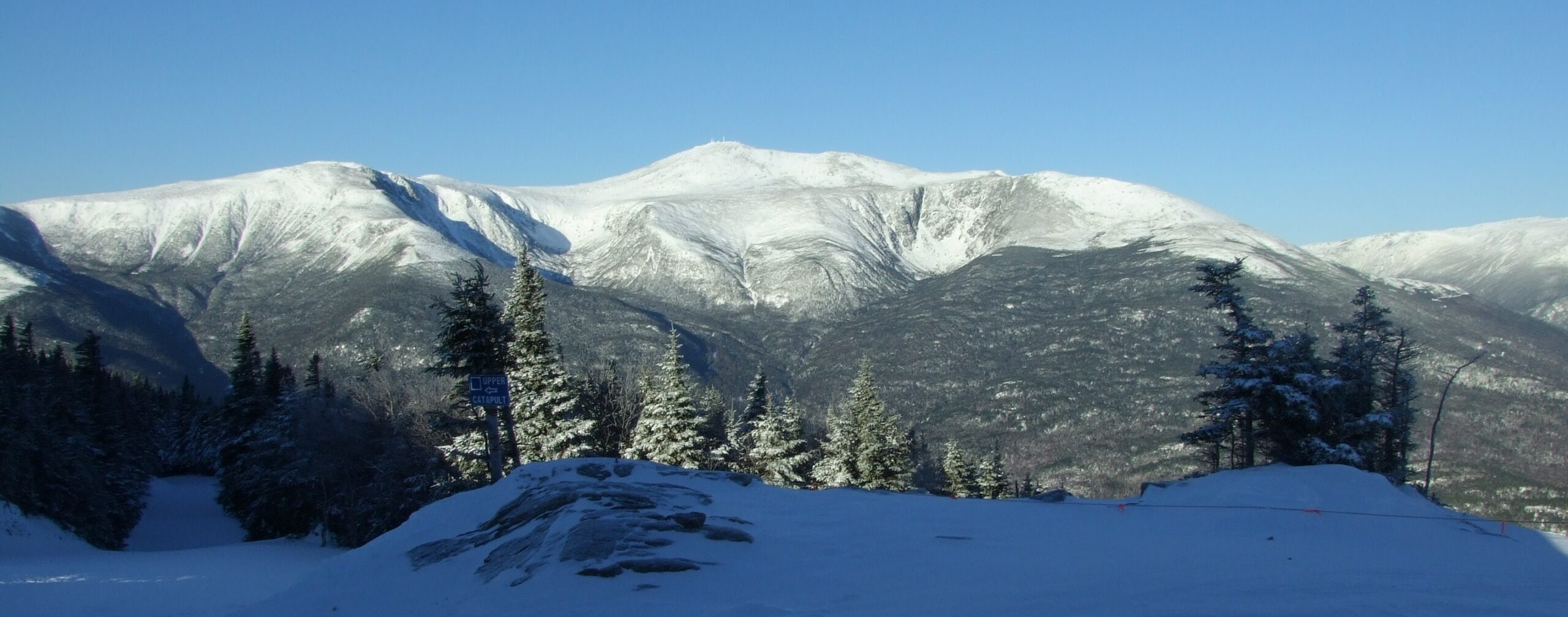UPDATE: After I filed this, Ken Gallager contacted me and said he had forgotten that “Agiocochook Crag” was named in 2010 – it’s a small prominence near the Mt. Washington Auto Road. So I’ll have to tweak the story for print.
Now that Alaska’s Mt. McKinley will officially become Denali, the Native American name by which it has long been known, does that mean we should anticipate driving up New Hampshire’s highest peak on the Agiocochook Auto Road? Probably not, says Ken Gallager, the state’s geographic names coordinator with the Office of Energy and Planning.
“I’m not aware of any effort” to change Mt. Washington’s name to Agiocochook, the name used by people living here when European settlers first arrived, he said Monday.
Gallager would know. He’s the starting point for anybody who wants to change the official name of a mountain, stream, lake or other geographic feature in New Hampshire, a decision that ultimately rests in the hands of a federal body called the Board of Geographic Names, which is part of the U.S. Geological Survey.
To Gallager’s knowledge, in fact, no geographic feature of any kind in the state, whether mountain, lake, river, or other body, has ever changed from the name given by Europeans to the name used by Native Americans.
There have been some renamings or attempts to rename mountains – including a much-publicized but unsuccessful effort to change Mt. Clay into Mt. Reagan, and the 2010 move that turned Adams 4, a peak on Mt. Adams, into Mount Abigail Adams – but none have involved Native American names, he said.
On Sunday, President Obama announced that Mt. McKinley, the highest point in the U.S., would drop the name of the 25th president, who never visited Alaska and had no connected to the mountain, and take on the native name Denali, which means “the high one.” The national park in which the mountain resides has been called Denali for three decades and for years there have been efforts in Alaska to drop the Mt. McKinley name.
In New Hampshire, Mt. Washington was given its name in 1784 by a federal geology party, but Agiocochook, which means “home of the great spirit,” was also used. Henry David Thoreau, for example, referred to it as Agiocochook in his writing about travels in New England. Only a couple of prominent mountains in New Hampshire have native names, notably Mt. Passaconaway, named after one of the best-known leaders of the Penacook Tribe, and Mt. Tecumseh, home of Waterville Valley Resort. Both of those names have been the official name ever since official names were adopted, said Gallager – which is a little odd in the case of Mt. Tecumseh, since he was a leader of the Shawnee, a tribe with no connection to New Hampshire at all.
In contrast to mountains, Gallager noted, lots of bodies of water in New Hampshire have Native American names, ranging from Lake Winnipesaukee to the often-confused Piscataquog and Piscataqua rivers, which despite the name similarity are separated by more than 50 miles.


 Return to the Concord Monitor
Return to the Concord Monitor